
Obsessed with Observatory: Cape Town's Quirky Neighbourhood
After the dance festival finished it was time for me to move to a new area in Cape Town: Observatory (Obs). I love Obs! I have stayed here almost every time I’ve visited Cape Town because it is just so cozy. Not only are the houses and street art pieces all around Obs perfectly framed by Table Mountain in the horizon. No, Obs is a whole community in a fairly tiny space which makes it accessible. What I appreciate most about this neighbourhood is its bustling mini “city” center. In the middle of Obs, along the Lower Main Road, the cafés, restaurants, bars, thrift shops, local designer stores and antique stores are piled on top of each other. At night time there are even a fair few clubs that are open. I think it is safe to say that I could probably live in this neighbourhood for months at the time without feeling the need to go anywhere else.
Post festival bliss was quickly exchanged for post festival fever. As soon as I stepped foot into my new airbnb I could feel the inflammation taking over my body. I succumbed to three days of fever where my only resort was to sleep. To be sick while I am living in a stranger’s home was more than a little bit uncomfortable. Not because my host was anything but empathetic and helpful and generous. But because it wasn’t my space. And I felt disgusting and guilty for bringing germs into his home. Oh well, it is part of life.
At least my new host has absolutely adorable animals watching over me and giving me love! It is amazing how animals have the ability to make such a huge difference in one’s existence. How their mere presence and attention can lift my energy and make me feel cared for, seen even. I love animals.
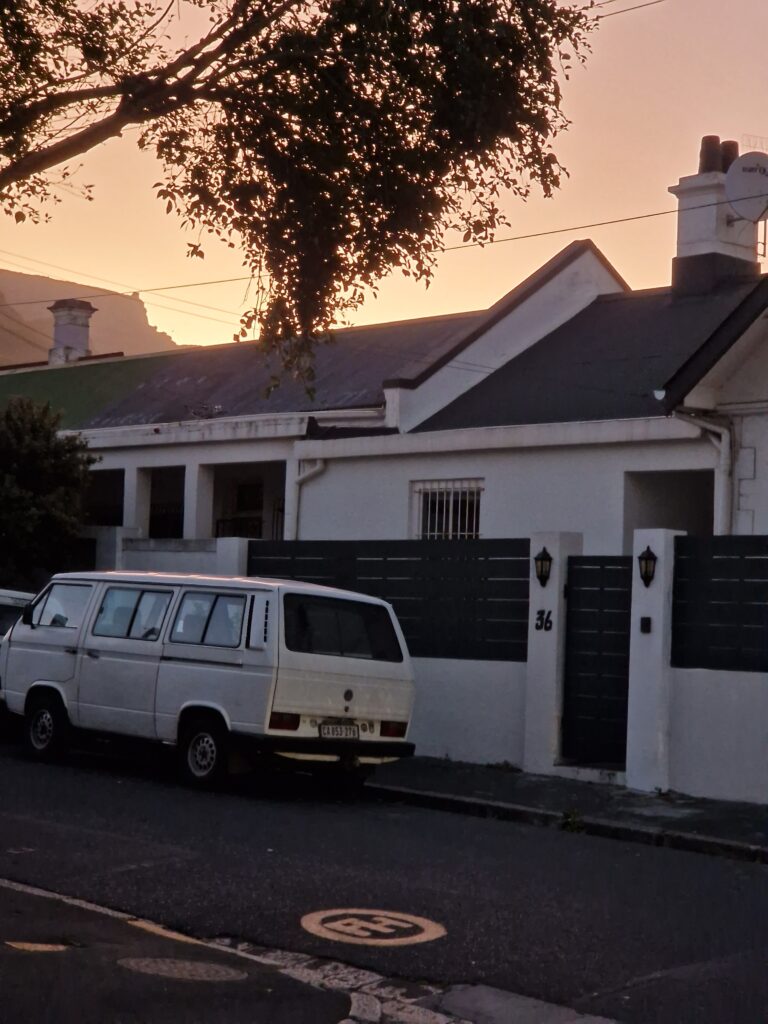
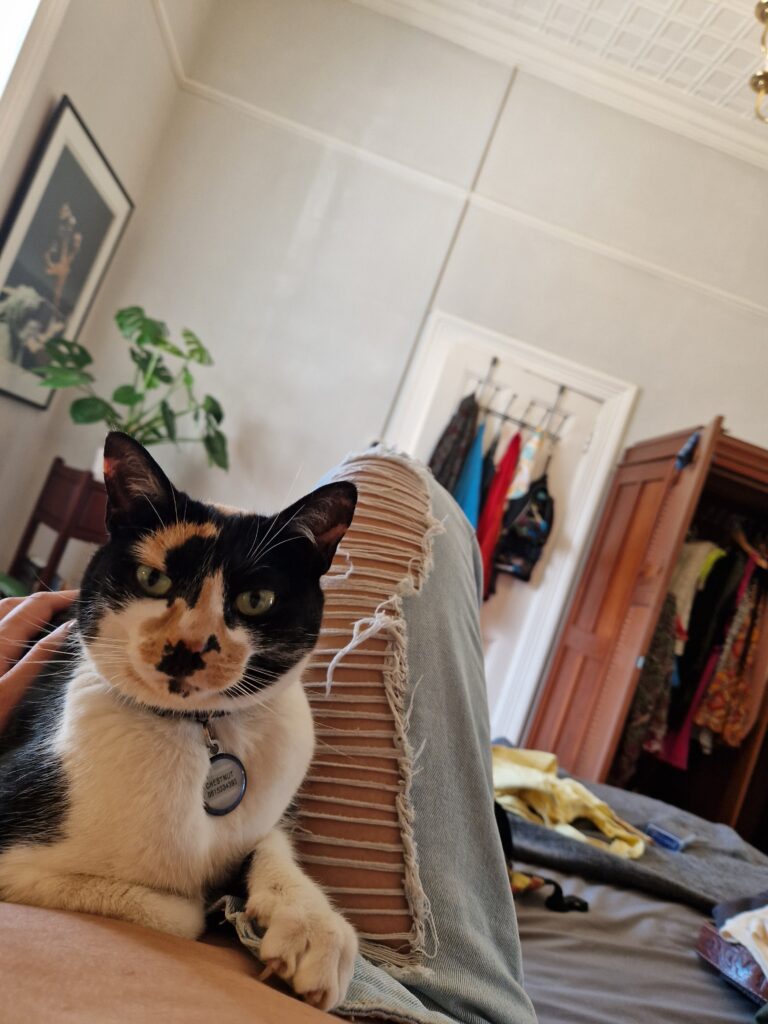
The Airbnb Effect: Gentrification and Tourism in South Africa
In my fever haze I started reflecting about the correlation between gentrification and airbnbs’, furthermore, how this correlation takes effect in the specific context of South Africa. I remember distinctly that Obs is a student area, but looking at the rental prices today, I find it hard to see how a student could afford Obs prices. If we start from the first two components, gentrification and airbnb, it is easy to see how the possibility of earning a larger profit off short-term tourist rentals affects the prices but also the availability of long-term rentals for locals. In other words, the individual economic earnings that come with the airbnb business model, incentivise homeowners and landlords to turn their otherwise long-term rentals into short-term tourist rentals, with tourist prices of course. This gradually increases the prices of the local housing markets eventually making it impossible for locals to afford living in the area. So meanwhile the homeowners and landlords make individual profits; they do so on the behalf of the locals’ possibility of affording accommodation.
The other side of the airbnb effect is that an increase of easily accessible and affordable tourist accommodations in an area will most likely increase tourism in that area. This does push up the prices of the local housing market, as previously stated, but it also increases business potential and actualisation as there are new, external clients, the tourists, coming into the area with their purchasing power. However, who is it that profits? Who is it that profits from the tourist business revenues, from airbnb business models and affordable tourist rentals. Somehow I don’t feel it is the locals. This is where the third aspect becomes extra critical: the aspect of South Africa being the context.
Apartheid's connection to today's gentrification in Cape Town
As I have mentioned briefly in another post, between 1948-1994, South Africa suffered almost 50 years of apartheid governing. The governing through racial segregation. It is now 29 years since apartheid fell but the consequences and aftermath of it lives on in both individuals and structures. One of the structural consequences of apartheid (as well as the history of colonialism previous to the apartheid rule) concerns housing and land ownership.
During apartheid, people were divided into races: black, colored, indians and whites. This was not just a categorization stamped onto your ID, it was the basis for where you were allowed to work, live and be. The apartheid regime declared many areas all-white areas and forced everyone who was not categorized as white to forcibly move. Their previous homes were demolished to make space for the apartheid regime’s constructions and plans. Despite there being talks, since 1994, about restoring land and homes to those who were forcibly removed, not much has happened on that topic since. Today, the majority of those forcibly removed in Cape Town live in what is classified as a township like the Cape Flats, commonly known for its notorious gangsterism, poverty and lack of infrastructure.
Inequality Reinvented: The Intersection of Gentrification, Airbnb, and Apartheid Legacies in South Africa
During the apartheid regime, Observatory was known as a grey area, meaning it was a mixed race neighbourhood and not a one-race area. Our brief review of South Africa’s recent history of apartheid is essential to understanding the devastating consequences of the airbnb effect and gentrification going on in Obs.
Land and/or home ownership equals resources. Resources in the form of everyday stability as well economical opportunities such as Airbnb rentals. Home and land ownership not only enables but is a cornerstone for building generational wealth. Who, in South Africa, can actually afford to buy property? Who already has everything in place to start up an airbnb?
Due to South Africa’s current division of land being based on racist events and structures, the Airbnb effect can be seen to further increase socio economical injustices existing in the country. Structurally it is not easy for somebody stripped of their land and home to create wealth. I am not talking about the excessive kind of bougie wealth but rather the wealth of not living with economic stress. It is worth pointing out that the ones who are suffering due to the Airbnb effect like raise rents, are the same demographics of people who suffered oppression during the apartheid.
Outside of the South African context, you can also see this economic structure of how the rich become richer. Meantime, socio-economically vulnerable groups struggle, sometimes their whole lifetimes, without achieving a stable economy, buying a fair home, or starting a business like an airbnb. For a neighbourhood like Observatory, that is known for providing affordable and accessible student housing, these processes are detrimental for the locals.
What is a sustainable traveler?

So what does this mean for me? I now see how the benefits I get from renting an airbnb are contributing to a larger, structural problem. Even though I personally don’t own any stolen land, or any land at all for that matter, I am still contributing and enabling destructive, racist and economically biased structures. That is not what I want. Especially not now that this, travelling, is supposed to be my new normal. My life. I want to travel in a more sustainable way. In a way that does not exploit. Can we travel sustainably? Is tourism evil? Is tourism exploitative by nature or design? Should I have to stop traveling now?
I have already booked a few airbnb’s for the last two weeks of December but after that I am taking a break from Airbnb’s to look at some other, hopefully more sustainable, accommodation alternatives! This is a learning process and I am happy to share it with you. Let me know what major changes you’ve been implementing in your traveling or life lately?
Great spots in Observatory
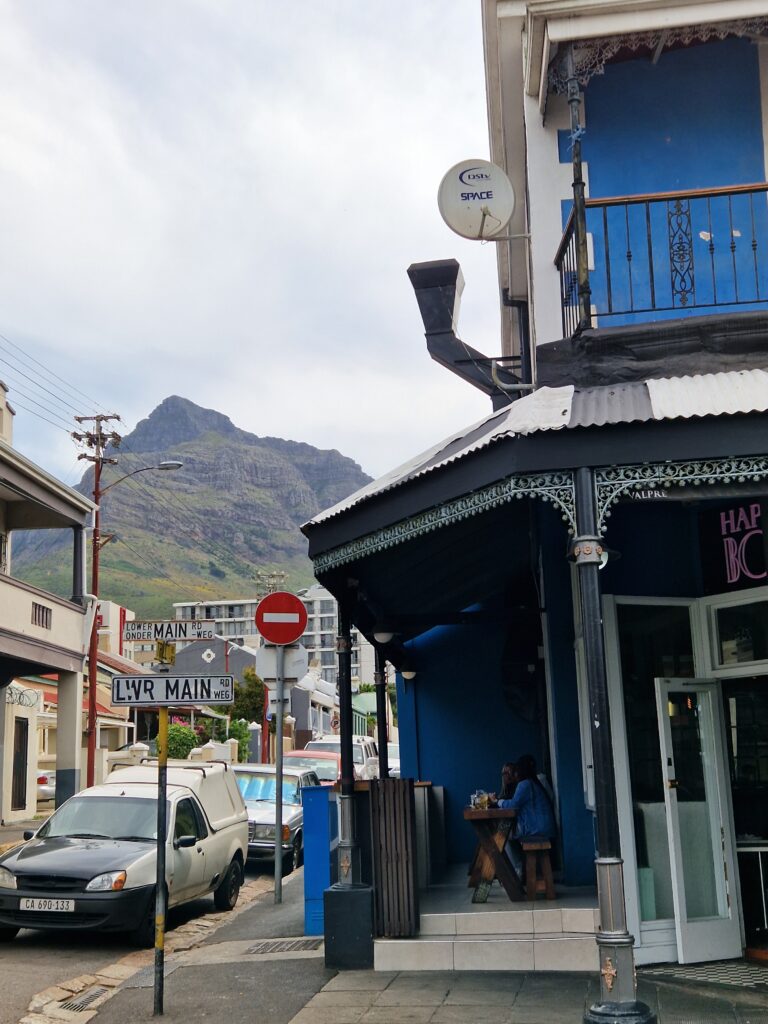
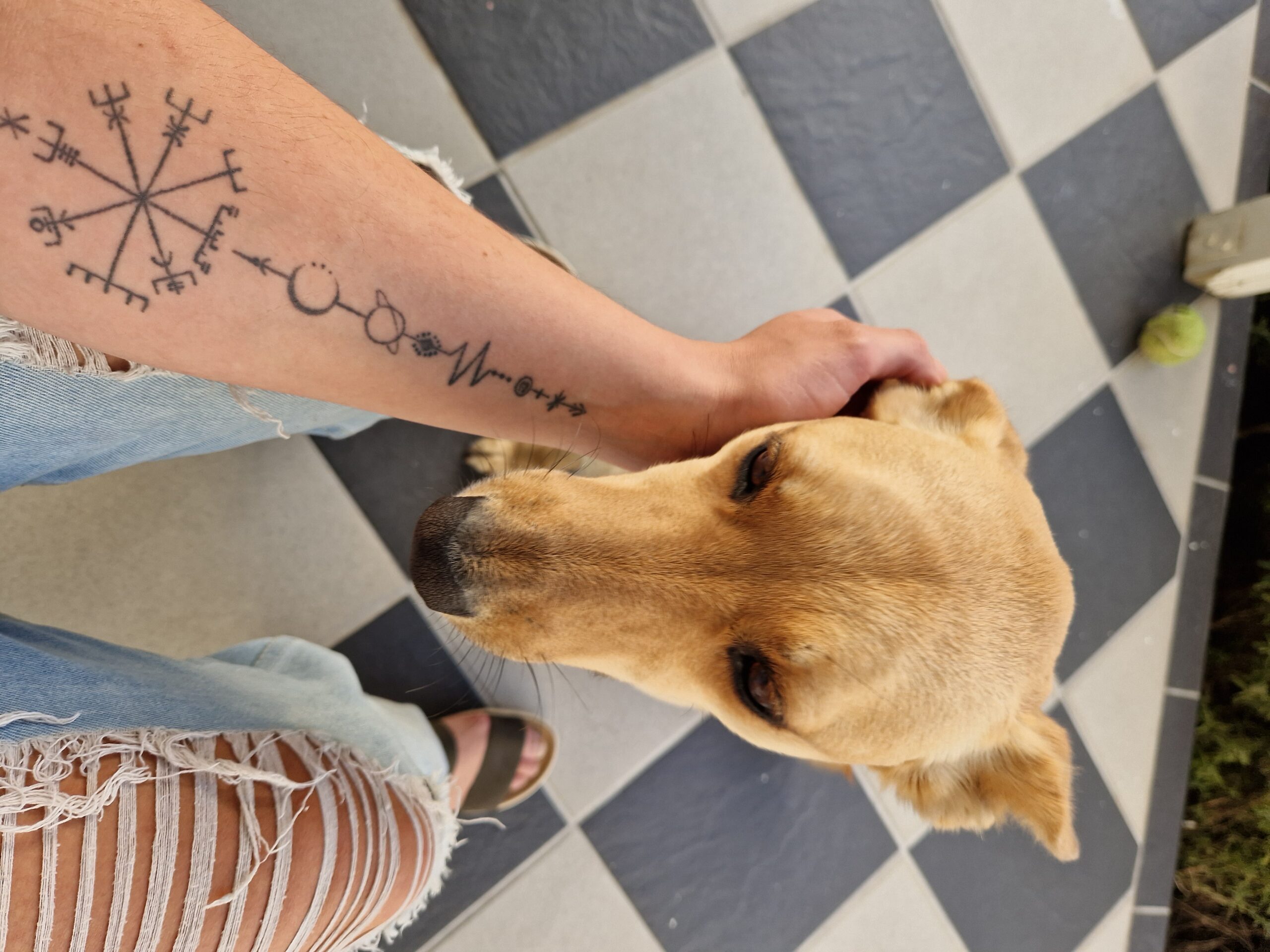
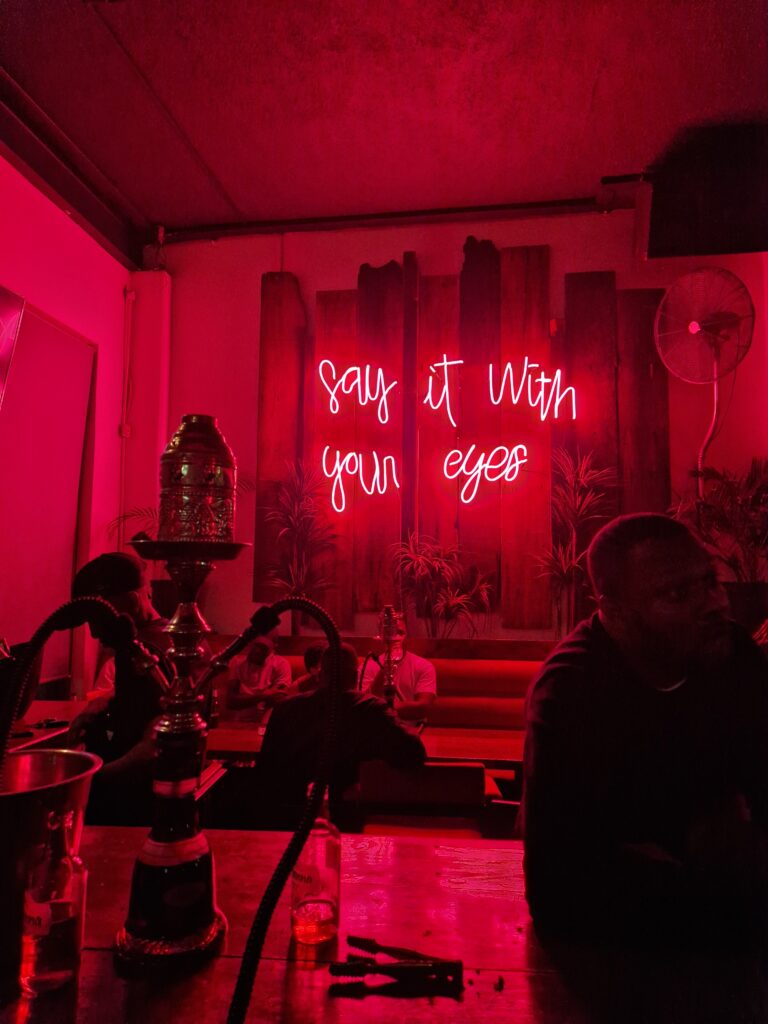
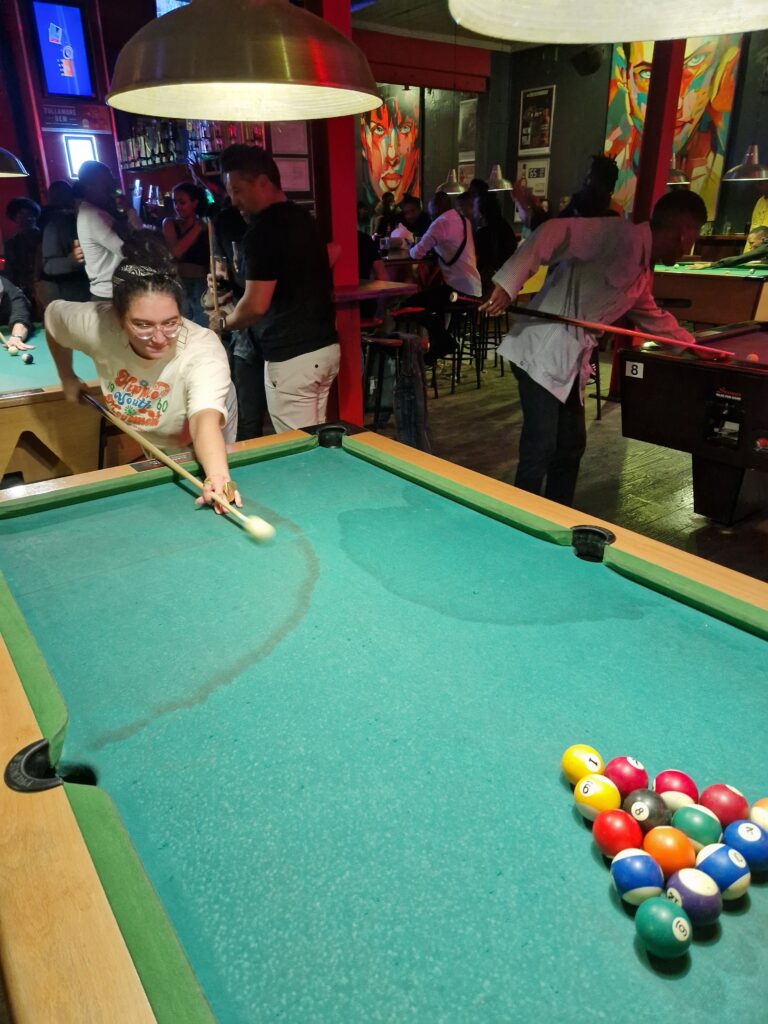
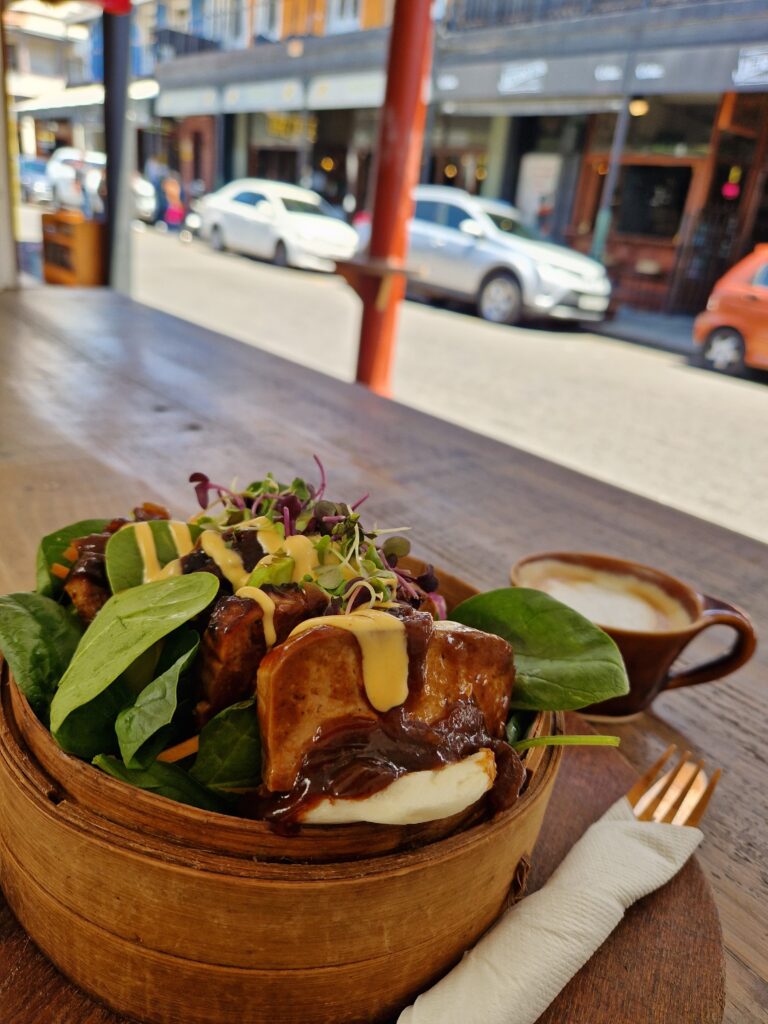
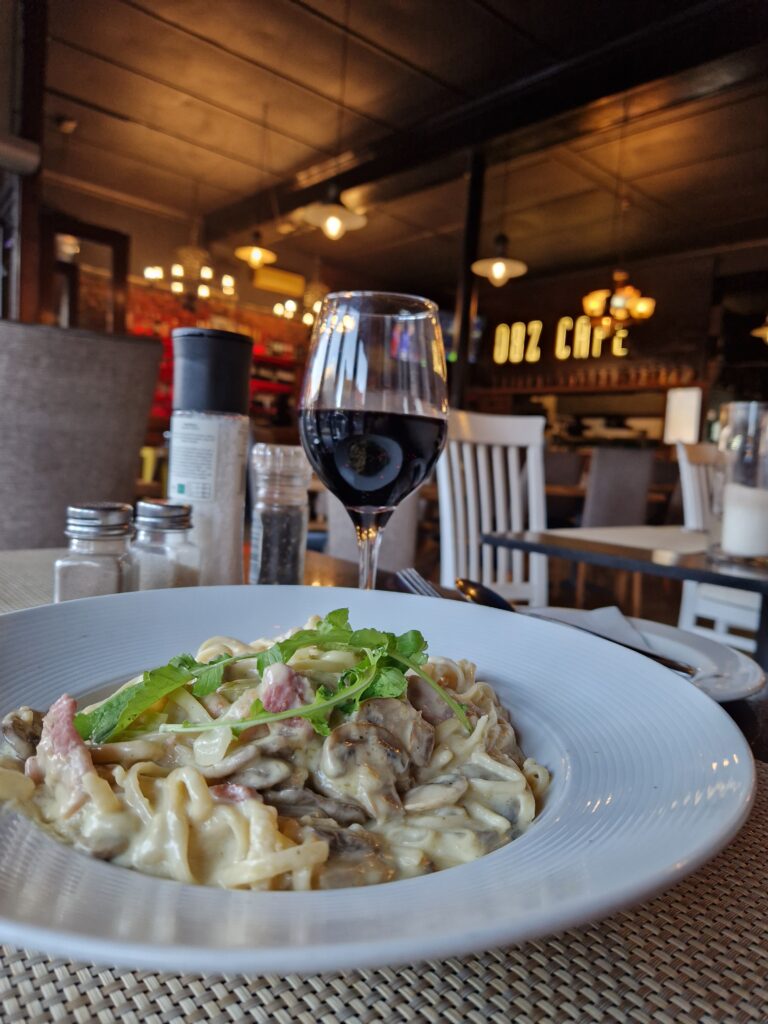
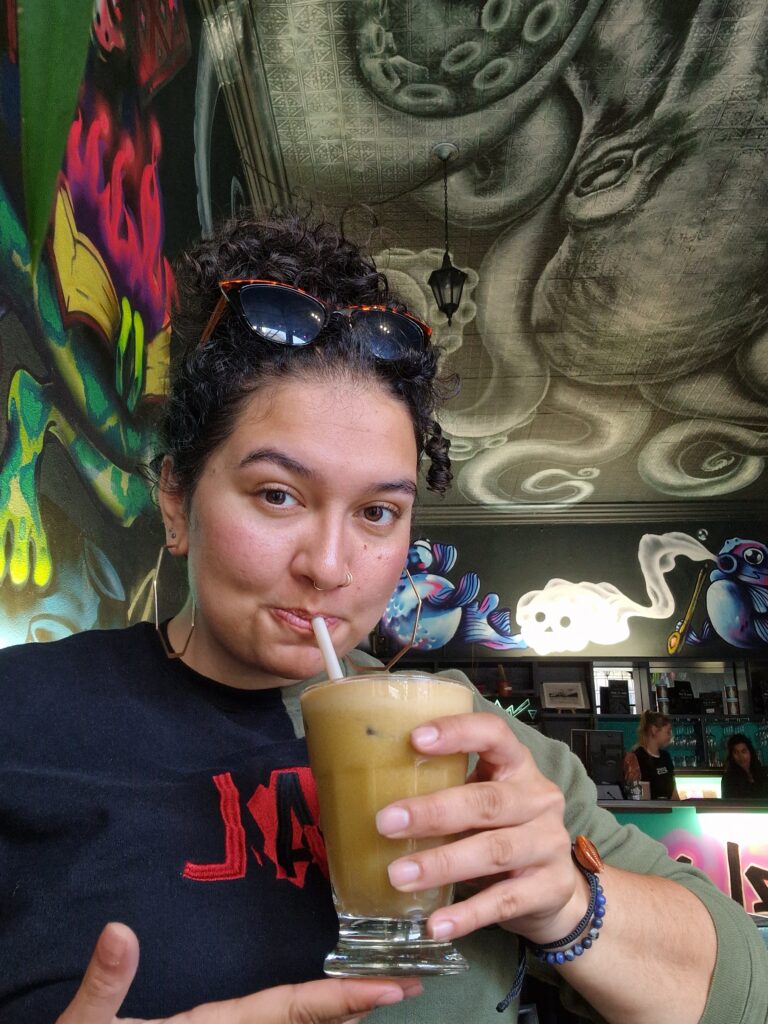
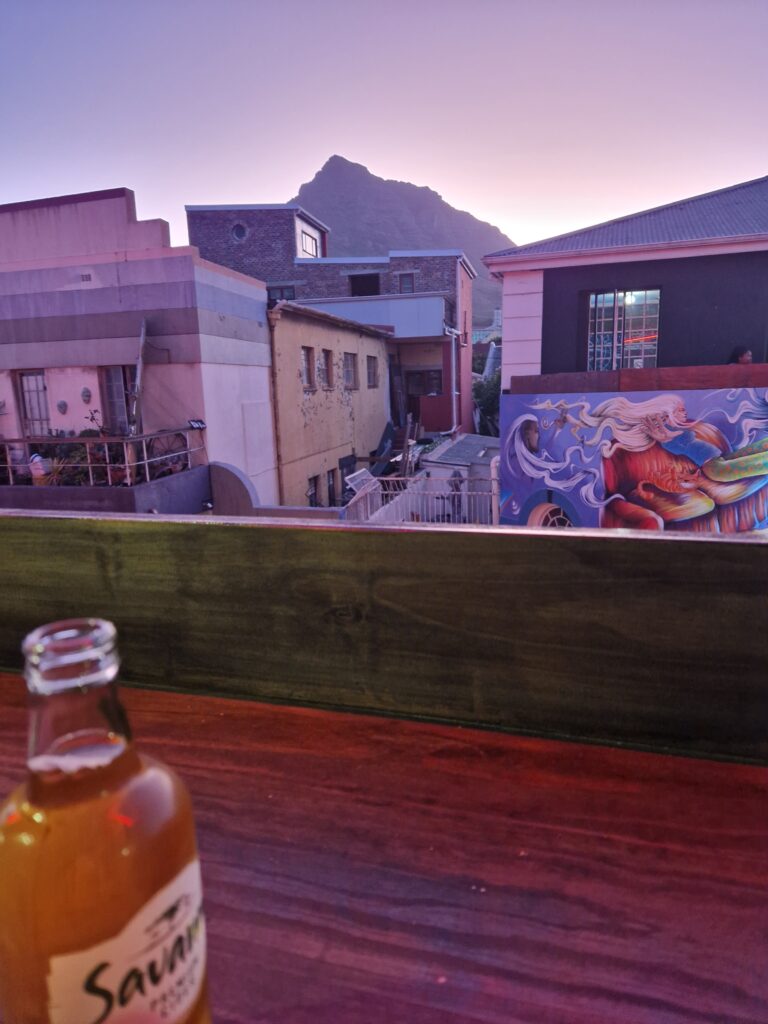
3 thoughts on “Exploring Observatory: Airbnb’s and Gentrification in Cape Town”
Det lilla individuella hänger ihop med det stora strukturella. Viktiga tankar! Gillar ditt inlägg 👍
Tack!! <3
Pingback: The essence of Maboneng – The Global Entity